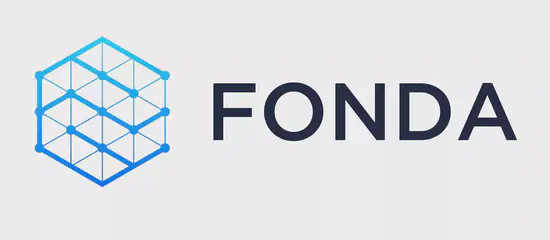Biography
I am Fabian Lehmann, a Ph.D. candidate in computer science at the Knowledge Management in Bioinformatics Lab at the Humboldt-Universität zu Berlin. I get my funding through FONDA, a collaborative research center of the German Research Foundation (DFG).
Since my bachelor studies, I have been fascinated by any complex, distributed system. I love to understand and overcome their limits. In my Ph.D. research, I focus on workflow engines, improving the execution of distributed workflows while analyzing large amounts of data. In particular, my goal is to improve scheduling and data management. Therefore, I work closely with the Earth Observation Lab at the Humboldt-Universität zu Berlin to understand real-world requirements.
- Distributed Systems
- Scientific Workflows
- Workflow Scheduling
-
Master of Science in Information Systems Management, 2020
Thesis: Design and Implementation of a Processing Pipeline for High Resolution Blood Pressure Sensor Data
Technical University of Berlin
-
Bachelor of Science in Information Systems Management, 2019
Thesis: Performance-Benchmarking in Continuous-Integration-Processes
Technical University of Berlin
-
Abitur (comparable to A Levels), 2015
Hannah-Arendt-Gymnasium (Berlin)
Professional Experience
Computer skills
A small excerpt
Software
Common Workflow Scheduler
Resource managers can enhance their scheduling capabilities by leveraging the Common Workflow Scheduler interface to receive workflow graph information from workflow systems. This enables the resource manager’s scheduler to make more advanced decisions.

Benchmark Evaluator
The Benchmark Evaluator is a plugin for the Jenkins automation server to load benchmark data and decide on the success of a build accordingly.
Publications
Research Projects

FONDA
Foundations of Workflows for Large-Scale Scientific Data Analysis
Contact
- fabian.lehmann@hu-berlin.de
- +49 (0)30-2093-41285
- Building 4, Room IV.426, Rudower Chaussee 25, Berlin, 12489